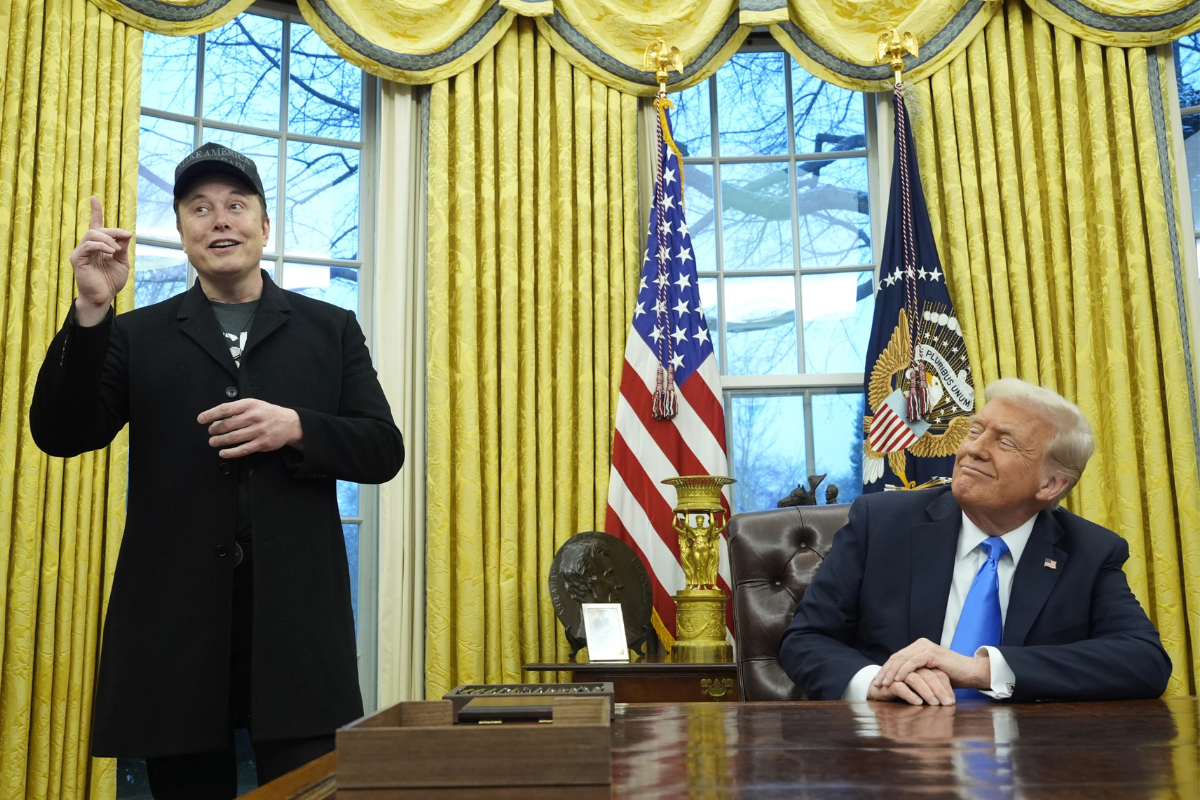The Trump administration has reversed its decision to fire hundreds of employees working on the nation’s nuclear weapons programs. The sudden halt to layoffs comes after up to 350 employees at the National Nuclear Security Administration (NNSA) were laid off late Thursday, causing confusion and concern.
According to three U.S. officials, many of the fired workers had their email access cut off before they even knew they were being let go. Some workers attempted to enter their offices on Friday morning, only to find their access had been revoked, leaving them locked out.
“These layoffs were abrupt and left many employees in a difficult situation,” said one official, speaking anonymously for fear of retaliation. The cuts, which affected critical positions, have raised alarms among experts and workers about the potential impact on the country’s nuclear security.
Among the hardest-hit areas was the Pantex Plant near Amarillo, Texas, which saw about 30% of its staff cut. The Pantex Plant is responsible for assembling and maintaining nuclear warheads, a job requiring the highest security clearance and expertise.
“These are not just ordinary jobs; these are positions involving national security,” said another official. The layoffs have raised questions about the safety of the nuclear weapons program and whether such a drastic reduction in staff could put the nation at risk.
Experts are concerned that the decision to fire these workers without proper planning could lead to long-term security issues. “Cutting staff without considering the full consequences could leave vulnerabilities in our nuclear security infrastructure,” said one security analyst.
The NNSA is responsible for maintaining the U.S. nuclear arsenal, ensuring its readiness, and securing sensitive information related to nuclear weapons. The abrupt firings have left many wondering how the agency can continue its mission with such a reduced workforce.
In addition to the technical challenges, the layoffs have created uncertainty for the workers who were affected. Some employees had worked at the NNSA for years and now face an unclear future, further adding to the confusion surrounding the firings.
While the firings were initially framed as cost-saving measures, experts believe they may have unintended consequences. “You cannot simply cut costs without fully understanding the long-term impact on national security,” said another source familiar with the situation.
Some workers had been given little or no notice before being told they were laid off. Many had already completed critical work in maintaining and securing nuclear warheads, and the sudden loss of experienced staff could leave the program exposed.
The administration has yet to provide clear reasoning for the reversal of the firings, leaving workers and experts puzzled. There is concern that the initial decision to lay off such a large number of staff may have been driven by short-term financial goals without consideration for the critical nature of the work.
As the reversal plays out, many are calling for a more thoughtful approach to workforce reductions, especially when it comes to sensitive areas like nuclear security. “There needs to be a deeper understanding of the risks involved when dealing with the nation’s most sensitive programs,” said a former government official.
The decision to stop the layoffs highlights the importance of balancing cost-cutting efforts with the need to maintain security standards. Experts argue that any reductions in staff must be carefully planned to ensure that the nation’s nuclear weapons programs are not compromised.
Moving forward, it remains unclear how the Trump administration will handle staffing within the NNSA. Workers and experts alike are watching closely, concerned that a lack of proper planning could lead to further disruption in the program’s operations.
As the situation unfolds, the safety of the U.S. nuclear arsenal will remain a top priority. The Trump administration’s response to this issue could have lasting effects on the country’s nuclear security and its ability to respond to future threats.




